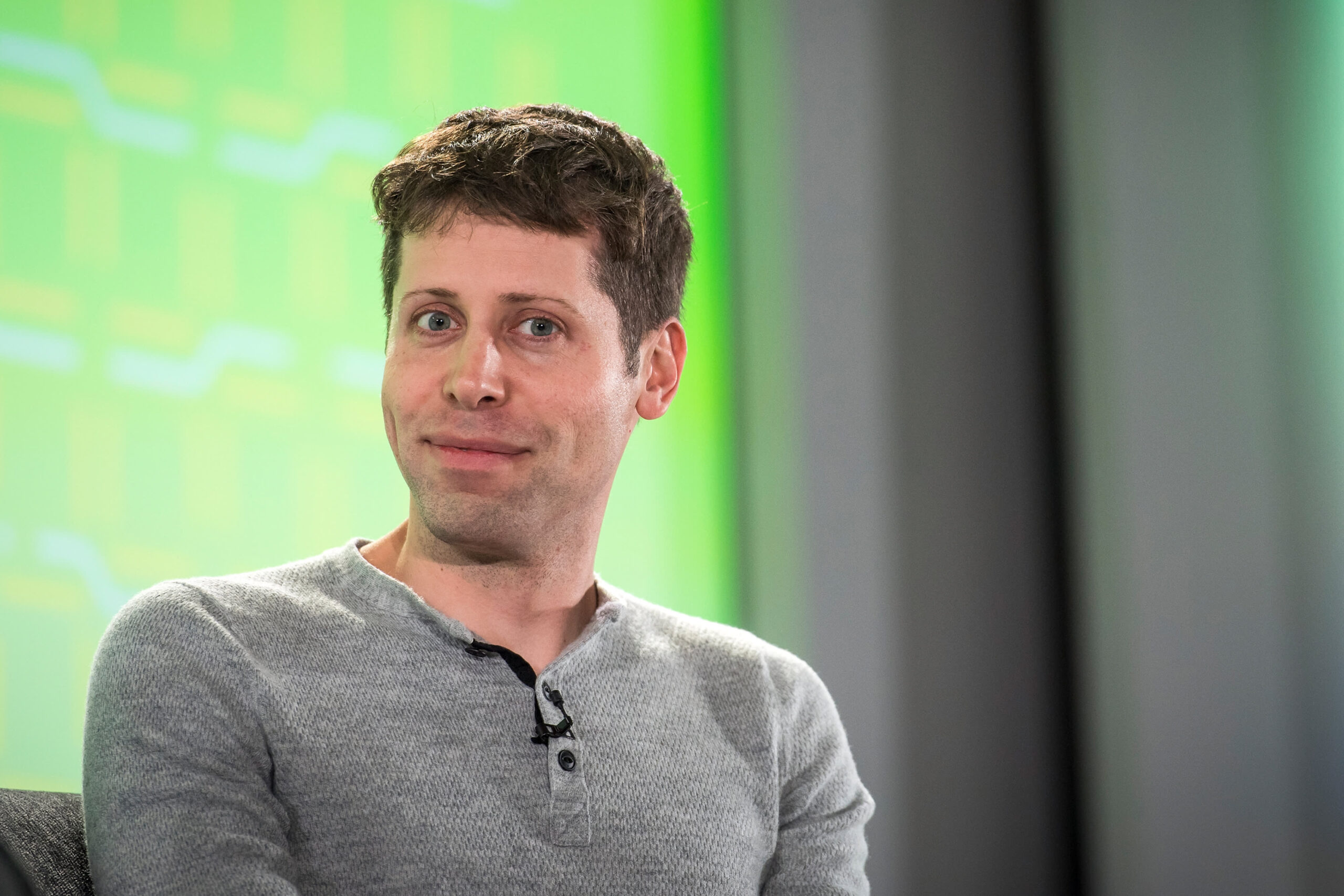TL;DR:
- OpenAI’s CEO, Sam Altman, is seeking substantial investments to establish a global network of semiconductor manufacturing facilities.
- The project aims to address the growing demand for AI-related chips as AI technology becomes increasingly prevalent.
- Altman has engaged in confidential discussions with potential investors, including G42 and SoftBank.
- The initiative is in the early stages, with partners and funders yet to be finalized.
- Altman emphasizes the need for immediate action to secure an adequate chip supply by the end of the decade.
- Major players like Intel, TSMC, and Samsung are potential partners for OpenAI in this venture.
- Altman’s previous efforts in this direction were temporarily halted but have been revived since his return as CEO.
- G42, primarily focused on AI, has faced scrutiny for its associations with blacklisted Chinese companies.
Main AI News:
In a strategic move that could reshape the landscape of AI technology, Sam Altman, Chief Executive Officer of OpenAI, is actively seeking substantial investments from global financiers to establish a network of semiconductor manufacturing facilities. Sources with privileged insights into the matter have revealed that Altman aims to channel these funds into the creation of state-of-the-art fabs (fabrication plants) for semiconductor production.
Altman’s discreet discussions with potential major investors, who have requested anonymity due to the confidentiality of these conversations, include notable names such as Abu Dhabi-based G42 and SoftBank Group Corp. This visionary project would entail close collaboration with leading chip manufacturers, resulting in a globally distributed network of fabs, capable of meeting the escalating demand for cutting-edge AI-related chips.
While Bloomberg previously reported Altman’s efforts to secure funding for a chip venture, the magnitude of this initiative and its primary focus on manufacturing had remained undisclosed until now. The ongoing discussions are still in their nascent stages, and a comprehensive list of partners and financiers has yet to be finalized.
Altman’s proactive pursuit of funds is underpinned by his concern that the growing ubiquity of AI applications could potentially outstrip the supply of essential chips. Projections for AI chip production currently fall short of the anticipated demand. This endeavor contrasts significantly with the approach adopted by many of OpenAI’s peers in the AI industry, such as Amazon.com Inc., Alphabet Inc.’s Google, and Microsoft Corp., OpenAI’s primary investor, who typically focus on designing custom silicon while outsourcing manufacturing.
The formidable expense associated with constructing and maintaining semiconductor fabs is a substantial barrier. It can cost tens of billions of dollars to establish a cutting-edge fabrication plant, and creating an interconnected network of such facilities will undoubtedly be a lengthy process. For instance, preliminary discussions with G42 revolved around raising an estimated $8 billion to $10 billion, although the current status of these negotiations remains unclear.
Altman’s conviction is rooted in the belief that immediate action is imperative to guarantee an adequate chip supply by the end of the decade. The release of ChatGPT by OpenAI over a year ago has ignited an unparalleled surge in interest in artificial intelligence applications across industries and among consumers alike. This surge in demand for the computing power and processors required to develop and operate AI programs has left Altman emphasizing the scarcity of chips available for OpenAI’s needs.
Key players in the chip fabrication market, such as Intel Corp., Taiwan Semiconductor Manufacturing Co., and Samsung Electronics Co., are potential collaborators for OpenAI in this ambitious endeavor.
Altman had been diligently advancing the chip project until his temporary removal as OpenAI’s CEO in November. Following his return, he swiftly reignited these efforts. Altman has also initiated discussions with Microsoft, and preliminary indications suggest that the tech giant is intrigued by the proposal.
While OpenAI, G42, Intel, Microsoft, SoftBank, and TSMC have refrained from providing official comments on the matter, Samsung officials were not immediately available for comment.
It is important to note that G42, primarily focused on artificial intelligence, has come under scrutiny this month from prominent U.S. lawmaker Mike Gallagher, Chairman of the House China Select Committee. Gallagher expressed concerns regarding G42’s associations with blacklisted Chinese entities, including Huawei Technologies Co. and Beijing Genomics Institute, as well as potential risks to research conducted at U.S. universities. Gallagher has urged Commerce Secretary Gina Raimondo to explore sanctions on G42 and its 13 subsidiaries and affiliates.
Conclusion:
Sam Altman’s ambitious plan to secure funding for a global AI chip manufacturing network reflects the urgency of addressing the growing demand for AI-related chips. This initiative has the potential to reshape the market by ensuring a stable chip supply, but its success hinges on securing substantial investments and navigating complex partnerships in the semiconductor industry.

